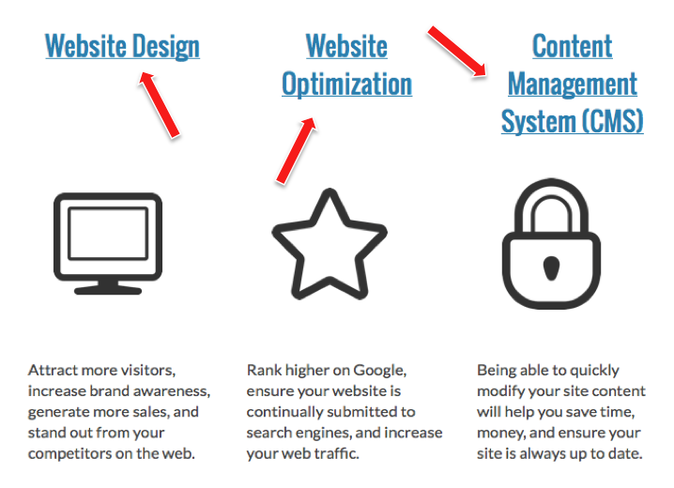In the last four months, Google has made 10 different algorithm changes. Seriously, 10. Holy moly guacamole, that fact alone is enough to make any marketer's head spin. So believe me when I say, it's really not all that surprising that your head is flooded by questions like, "What does that mean for my SEO, my keyword data, my life?!"
The simple answer is this: Although there have been a lot of changes made to search engine policies, and of course the new algorithms, the basics of getting your content found has remained rather uniform. So, don't fret. If you're still having issues optimizing your content, here's what you need to know.
Turn your keyword research into keyword rich blog posts. No matter how hard you try, no company is ever going to rank for everything. Therefore, the best SEO practice to employ is to focus on a select few industry-related keywords or keyword phrases that are critical to your business. The best place to start is to find five or so keywords that you think your company will really rank well for. For example, for us here at ImageWorks those keywords may be, "Web Design" or "Inbound Marketing." Then, take those keywords and turn them into blog posts, but first, think about your customer's perspective. What would they be searching for that could bring up those specific keywords?
Optimize your headlines. A good headline is likely to get clicked and shared more frequently, but did you know having keywords in your headline can also help your website optimization? Keywords are the most efficient when they are at the beginning of your title, so a headline like "Web Design: The Basics" will do better than, "What are the basics of web design?" However, although keywords are important, having an interesting headline shouldn't take a back seat. Remember, you can always change older blog post headlines that have "catchier" headlines to titles that are more keyword focused. Also keep in mind the length of your headlines. Good titles can bring it all together in under 65 characters.
Create SEO friendly links. When Google combs through your blog, they don't read every word, (although you may think they do, they don't). Instead they scan your site for headlines, alt-text images, and links (or anchor text). If you choose the right words to utilize for a hyperlink you could see some added SEO value from your website. This doesn't mean that every keyword that pops up in your blog should be a hyperlink. Google only considers the first anchor text they see if two hyperlinks are linking to the same page, so consider your placement carefully. 
Don't over tag your content. Tags are a good thing when they are used properly, but not everyone knows how to use them correctly. Although tagging doesn't technically improve your SEO per se, it does related one piece of content to another, (in other words it groups posts by a sort of category). Just keep in mind that because you get penalized by search engines for duplicate content, some SEO experts say having multiple tags on the same post for things like "Blog," "Blog post" and "Blogging" could have negative effects. That be said, be informed about your tagging, and don't create tags for keywords you aren't ranking for.
Be one with your mobile optimization. Because mobile device searching is on the rise, Google has actually begun bumping down (in ranks) websites that aren't optimized for mobile when a search is conducted using a tablet or other device. If you don't have a mobile site, this could be a game changer for your company. It means that even if your content is optimized, you could still see less traffic, solely because your website isn't ready for the mobile world. Ouch.
Ready to get your SEO optimization on track? Download our FREE Guide to great web content!

